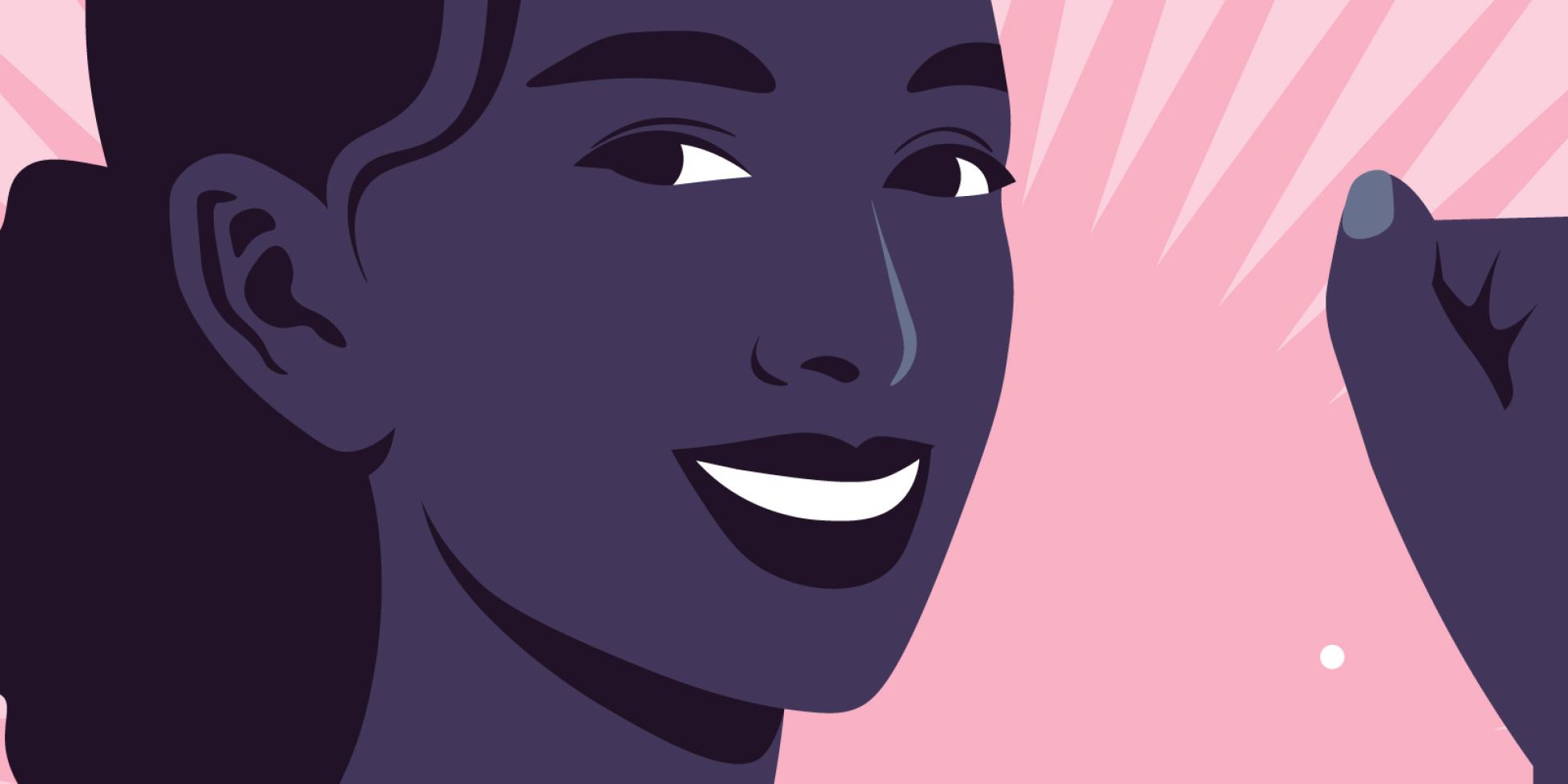Showing people who we are
Writers and storytellers are among my favorite types of people. I’ve always had a thing for books of all kinds. I was the nerdy kid in elementary and junior high school buying ALL the books from the Scholastic Book Fairs. Literally armloads. When the Stephen King novel IT came out, I carried it around campus like it was a bible, reading it in classes for a week.
A good story is everything. A series with regularly appearing characters the author builds over time? I get invested in their development and every time I get to the last page it’s like saying bye to a good friend. Comedians are a close second to writers, because really, they are storytellers too. Comics who have the ability to weave a story and drop little pieces of it throughout a routine and then have one of those nuggets be the final punch line are especially great to me. We read a good book multiple times or watch our favorite comedians and routines over and over even when we know the jokes, I think in part because there is comfort in knowing the punchline.
A personal story gets us every time, doesn’t it? The autobiography, the “loosely based on” tale, the self-deprecating joke? Those are the ones we connect with or are often fascinated by. Triumph, tragedy or gore, it’s personal stories or the non-fiction disguised as fiction that grab our attention. We love the stories told from generation to generation. We love fairy tales and folklore. It’s because we see ourselves reflected in them. Lessons about who we are, who we were and who we don’t want to be, all found between the pages of a book or told in a good story.
Talking about an HIV journey is not for everyone, and that’s okay! ,But for the people who can, keep doing it. Your voice, words and truth matter.
That’s one of the reasons I think it is so critical for advocates and folks living with HIV to keep telling their stories. It’s important that people know who we are too. That we are them. Everyday people who put on their pants one leg at a time and take medication as prescribed. People navigating COVID and working from home and a changing economy. That who we were before HIV is exactly who they were. The full-time student in love for the first time. The person having sex with someone they thought they knew and could trust. The new guy in a big city who went out to a club for a good time. The stay-at-home mom who tells bedtime stories to her kids. The person battling an addiction disorder. Reminders that we don’t want to be the person living with HIV stigma—and our stories are told in part because we want people to stay HIV negative.
So, we should talk about it. We should write about it. It’s exhausting. It’s hard to be ridiculed and shamed for telling your truth. It takes an amount of courage to admit something you know people won’t understand or will deliberately misconstrue. Worse is having someone take what they think they know about you and telling it in a way that isn’t authentic and takes your power of choice away. Talking about an HIV journey is not for everyone, and that’s okay! But for the people who can, keep doing it. Your voice, words and truth matter. Your storytelling won’t touch everyone, but for the people it does touch, it will matter.
We need our stories of surviving and thriving to normalize what people think HIV is. There is this pervasive idea that somehow a person living with HIV or AIDS is abnormal. How is it that instead of living with a human condition, we’ve been made out to be the antagonist in the book or the monster in the fairytale? We are not the punchline to a joke. It’s part of the reason I share my story. I tell my story so people remember that there are whole lives lived behind acronyms and medications and stigma. People living with HIV are who you are and who you were. People living with HIV are you.
Be well. You matter.
Bridgette Picou, LVN, ACLPN, is a licensed vocational and certified AIDS Care Nurse in Palm Springs, California. She works for The Well Project-HIV and Women as their stakeholder liaison. Bridgette is the president-elect of the Greater Palm Springs Chapter of ANAC (the Association of Nurses in AIDS Care), and a sitting member of the board of directors for HIV & Aging Research Project-Palm Springs (HARP-PS). Bridgette’s goal is to remind people that there are lives being lived behind a three- or four-letter acronym.


